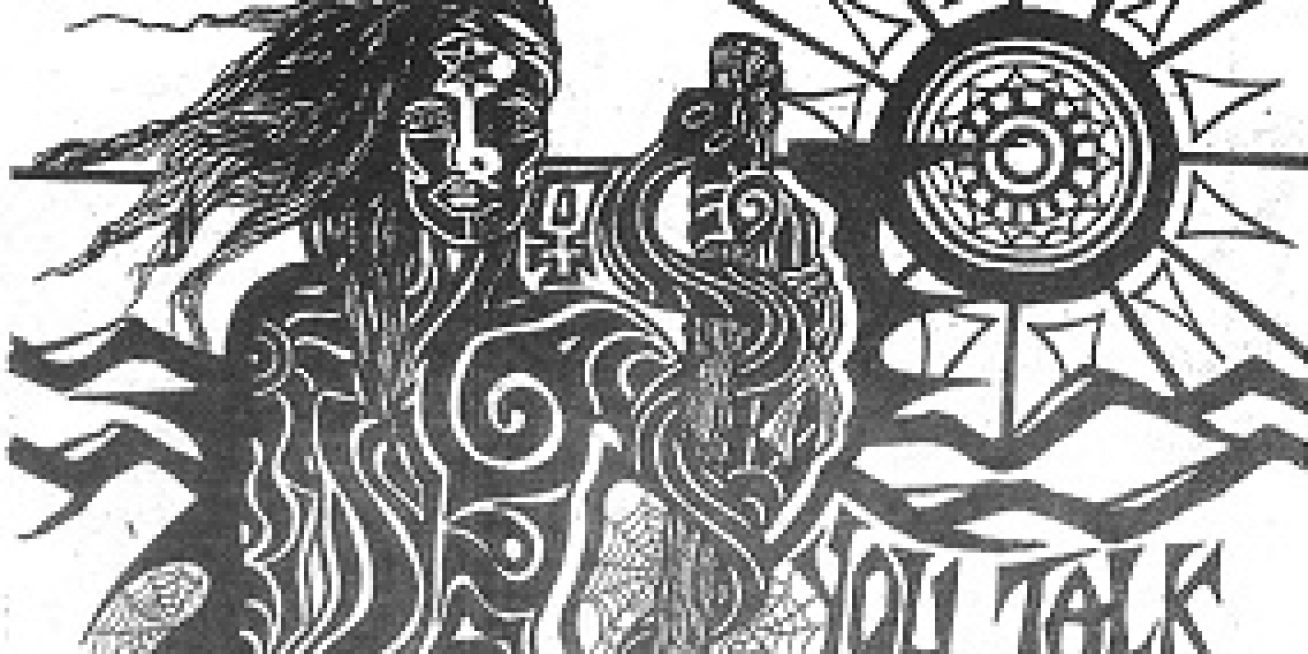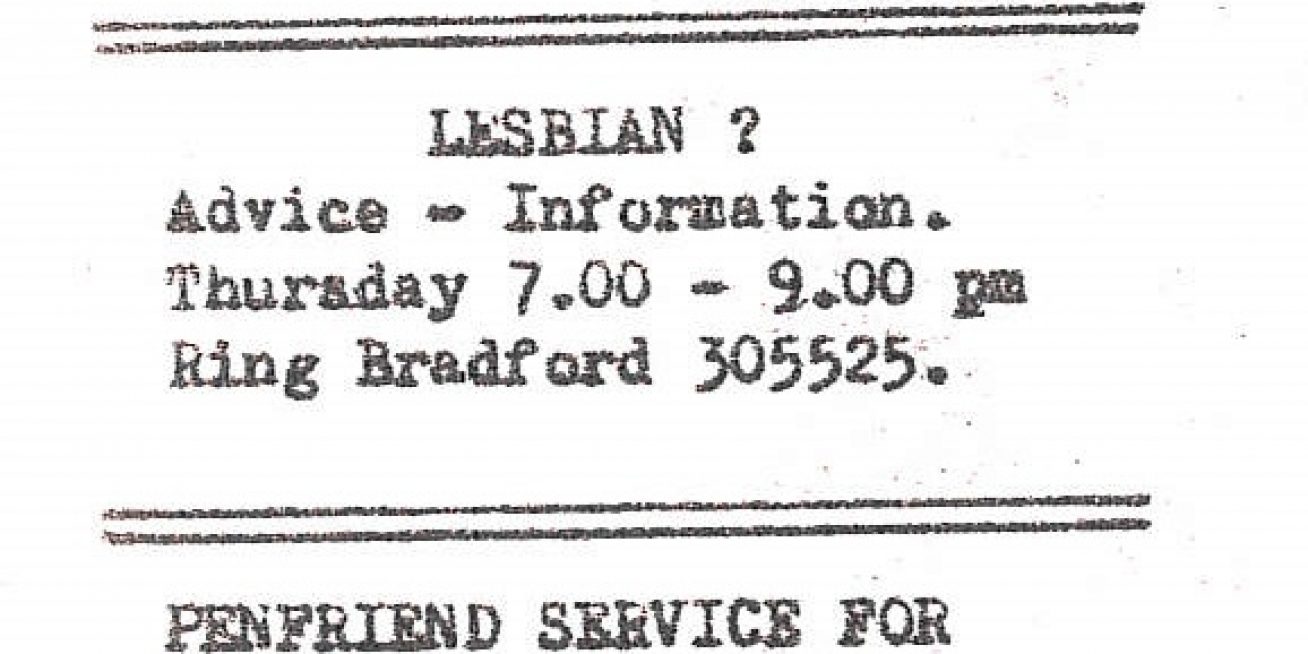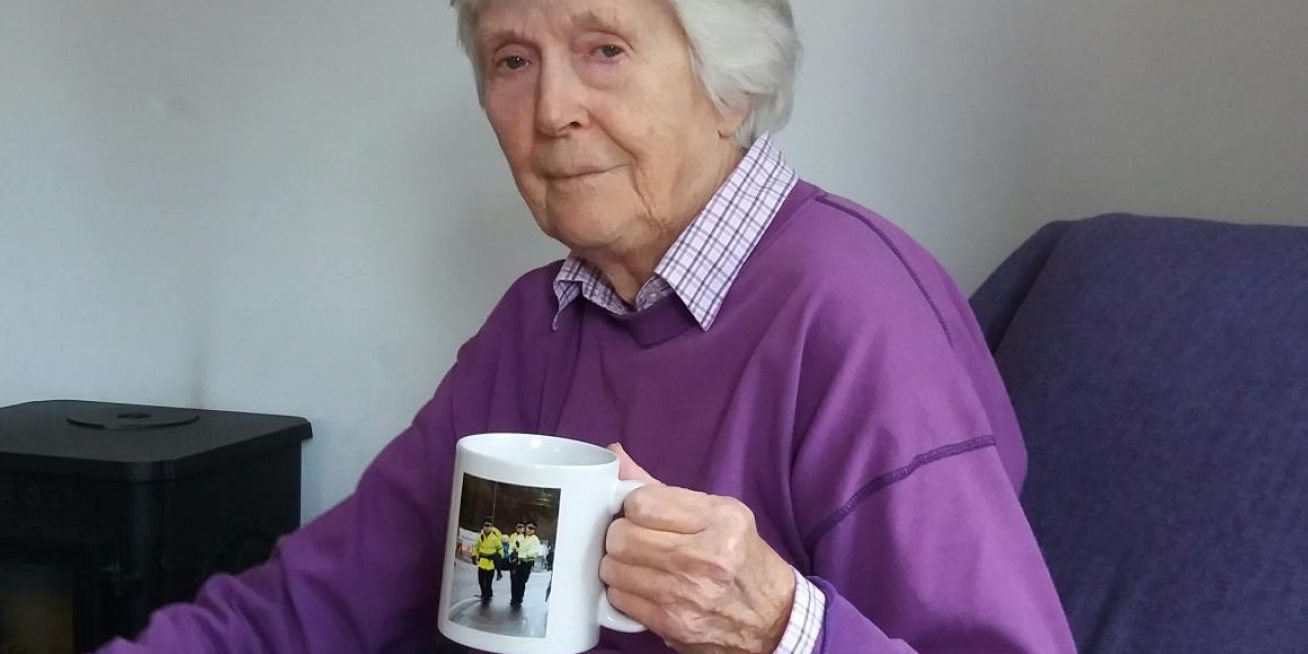Representing women
Jane talks about her move to Leeds to start work with the Trade Union Resource and Information Centre and her later work with the council's Women's Equal Opportunities Group and the Women's Committee.
TRANSCRIPT
JS: Then I came to Leeds because I got a job with an organisation called The Trade Union Community Resource and Information Centre. In Leeds um and that was – I came over to Leeds in 1981 / 2. Just after the Yorkshire Ripper got caught – actually Peter Sutcliffe got caught. Em... and one of the things TUCRIC – I mean I came over to – specifically to do some work around employment issues in particular. 'Cause obviously that was my expertise by then.Um but um – and we did produce things like uh a whole booklet around sexual harassment in West Yorkshire. Which was quite well circulated. But I also was asked to convene and chair... a group we called The Women's Equal Opportunities Group. That was beginning – that was bringing women from all backgrounds and communities across the city to begin to talk about what sorts of things they'd like to see to be improved for women in the city. And... that at the time in Leeds there'd been the race riots so there was push to have some er committees around – for particularly representing different ethnic groups within the – within the uh the city. But we as WEOG also said well if you're gonna do that we want representation for women and indeed for disability – people with disabilities as well.
And so we held a big conference, first of all, that kind of tried to identify, identify and articulate all sorts of demands. And there were lots of them [laughs]. All sorts of things like what – childcare, culture, disabled women, education, training, employment, health, housing, community, facilities, lesbians, violence against women, and young women. So uh lots of different areas. And that conference... laid the basis for basically that women's committee being established and for us asking the leader of the council at the time to make sure that it – well A that it was – could be established with women councillors and with community representatives which was quite new. But also with four officers to also – officers to support it – full time posts. We only got one, we asked for three, got one at the beginning but gradually there was – it was clear we were going to need more and we did get more.
So that was interesting because that was probably the first time there was an actual representative for lesbians in the city. Um and so that was really really good because they would kind of say you know, ‘where are the really safe spaces for lesbians?’ They're raising issues about violence and hate speech against lesbians. And also begin to think about what could be done within some of the service areas in the local authority, for lesbians.
And some of the places – some of the areas we worked on at the time was thinking like it would be possible – we worked with the housing department and if two women were sharing – two lesbians were sharing a tenancy, if one of them died then it was, it was automat- it was um similar to it would be in a heterosexual partnership. It was possible for the other lesbian to take on that tenancy, and it not to be lost. So that was one of the things we tried to create some equality there.
We also talked to the social service department for the first time about lesbians and gay men beginning to have the right to foster and adopt. There was a, a lot of hostility to that and we actually hit the front page news actually. With quite discriminatory media coverage about that. So um that was really, really – uh people – people didn't do any positive coverage about the women's committee. They just focused on highlighting that they were going to – gosh you know lesbians – lesbian and gay men are going to be allowed to foster – you know children just – these unnatural relationships. So it was quite a lot of media co- bad media coverage or hostile media coverage that the women's committee had to deal with as a result of that. And they had to stand up for the rights of lesbians and gay men in the city.






